The Armed Groups Propping Up Venezuela’s Government
Reports from Venezuela are shocking the world with images of “colectivos,” police and military using excessive force — even opening fire — on unarmed civilians attempting to bring humanitarian aid into the country through its borders with Colombia and Brazil.
The latest incidents occurred on February 23 and left at least four dead and more than 285 injured. The alleged perpetrators belong to three main government-backed groups: – the Bolivarian National Guard (Guardia Nacional Bolivariana – GNB);– the Special Action Forces (Fuerzas de Acciones Especiales – FAES) of the national police (Policía Nacional Bolivariana – PNB); – and what are known as “colectivos,” groups that supported former President Hugo Chávez that over the years have grown increasingly armed and prone to engage in criminal activities.
The victims of the events on February 23 include several dozen people from the indigenous Pemón community who had to seek refuge in Brazil as well as journalists who were pursued, robbed and threatened by the armed groups.
Mass media and civilian witnesses alike released video footage of men on motorcycles dressed in black and armed with long guns and 9mm pistols. They gathered in packs and clashed with demonstrators who rejected the government of Nicolás Maduro.
Now, they have begun to expand their presence to the country’s borders and give even stronger demonstrations of their support than before.
The border cities of Ureña in the state of Táchira and Santa Elena de Uairén in Bolívar have also reported uniformed GNB soldiers driving tanks and military vehicles through town and shooting up homes and businesses in an effort to force suspected members of the anti-Maduro resistance out into the open to better confront them.
Who are these groups? Why do they continue to so vehemently defend Maduro’s now rapidly failing regime? How strong is their loyalty to a government that has been rejected by over 50 nations and is reported to have links to organized crime? Are Maduro’s “armies” prepared to face a potential armed intervention in Venezuela? Colectivos have played a major role in this year’s newest bout of political tension. The groups rallied around Maduro as soon as he took office for his disputed second term. Now, they have begun to expand their presence to the country’s borders and give even stronger demonstrations of their support than before.
Government officials in Táchira state on the border with Colombia created a “border security colectivo”in 2018. And this one includes members of the ELN and the FARC dissidence. The group put on a show of force on January 23, when it opened fire to prevent humanitarian aid from being brought into Venezuela. They shot at journalists, volunteers and civilian members of the opposition in San Antonio del Táchira, on the Simón Bolívar International Bridge and in Santa Elena de Uairén.
They shot at journalists, volunteers and civilian members of the opposition in San Antonio del Táchira, on the Simón Bolívar International Bridge and in Santa Elena de Uairén.
The FAES is an elite unit that Maduro created during the 2017 protests specifically to defend the Chavista revolution. Since then, it has morphed into little more than an extermination group, according to Venezuelan and international human rights organizations like PROVEA. The police unit has been involved in the alleged extrajudicial executions of more than 675 people from working-class neighborhoods, sometimes under accusations that they were criminals.
The FAES now stands at approximately 1,600 strong, an Interior Ministry official told InSight Crime, and has worked to brutally oppress the newest wave of Venezuela’s anti-government protests since January.
“This is one of the few police groups that could remain loyal to Maduro because they have been indoctrinated and have received special training to act according to political objectives. They were created to handle political situations like the one going on right now in Venezuela. They’re prepared to kill,” the official told InSight Crime from Caracas.
Corrupt Military Leadership in the FANB
It is no secret that the Venezuelan National Armed Forces (Fuerza Armada Nacional Bolivariana – FANB) are the Maduro government’s main prop, but just how strong is their support? And what is the basis for their loyalty?
Militarism has characterized the past 20 years of Chavista rule in Venezuela. Both Chávez and Maduro have fanned the flames of the FANB’s loyalty by placing military officials in virtually all government institutions and militarizing public security forces. But they even went beyond those measures by granting the military new functions and — perhaps most importantly — new sources of income in their creation of financial institutions, mining companies and other structures for them to runMoreover, Humberto Prado, director of the Venezuelan Prison Observatory (Observatorio Venezolano de Prisiones – OVP), accused the Maduro government of releasing prison inmates to fill the colectivos’ ranks in their repression efforts.
Not only have the colectivos been expanding their reach in Venezuela — they now have presence in 16 states — but they have also become almost unrecognizable from the groups that Chávez originally created.
To stymie anti-Maduro sentiment, they now operate more like paramilitary shock troops of armed civilians and receive support from security forces. They participated in the government’s repression of the protests in 2014 and 2017 as well as in a government initiative called “Operation Liberation and Protection of the People” (Operación de Liberación y Protección del Pueblo – OLP), which has been tied to human rights abuses and criminal acts.
Beyond their political oppression activities, the colectivos have gotten a foothold in Venezuela’s underworld, engaging in such criminal activities as extortion, kidnapping, drug trafficking and murder for hire.
In general, the colectivos have supported Maduro as they did Chávez. In an effort to advocate for their survival, one member of a sort of colectivo federation called the Revolutionary Secretariat of Venezuela (Secretariado Revolucionario de Venezuela) told InSight Crime that “if something happens, we’ll have to go out and defend the government, because those who come will be coming for us.”
Reported by IC Investigative Unit
To Read More INTELIGENCIA stories like this one, go here.


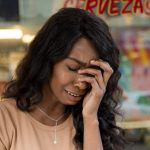

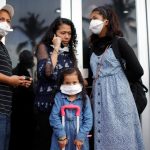

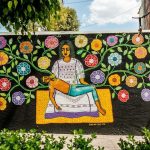

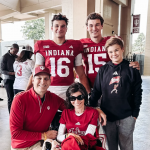




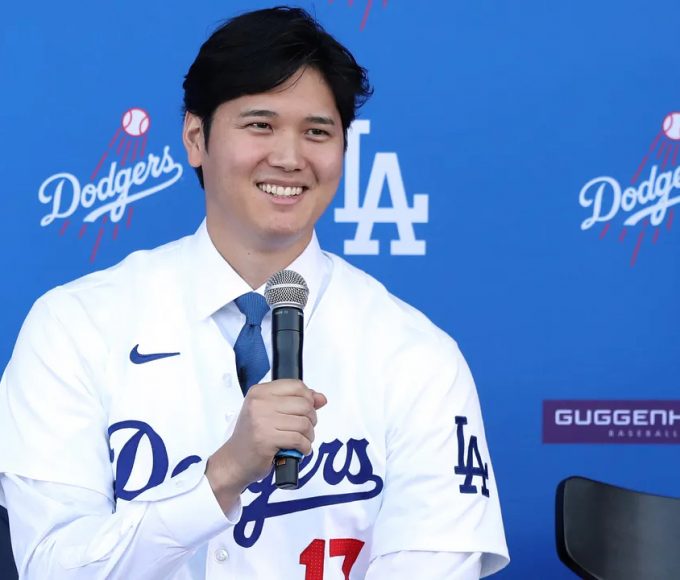
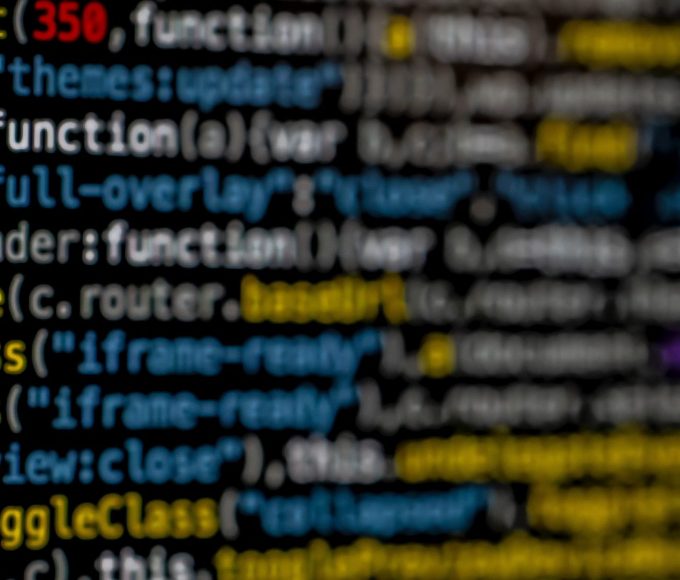
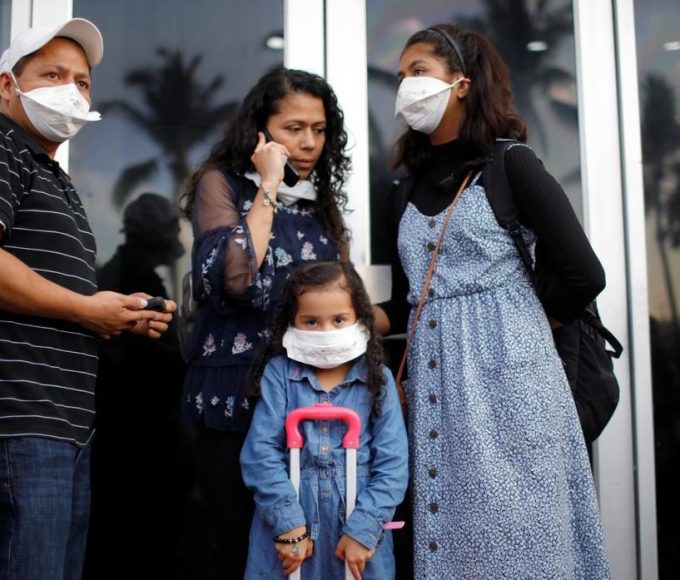

Leave a comment